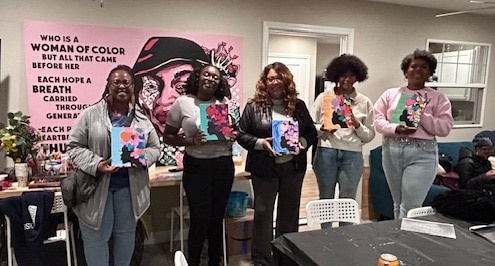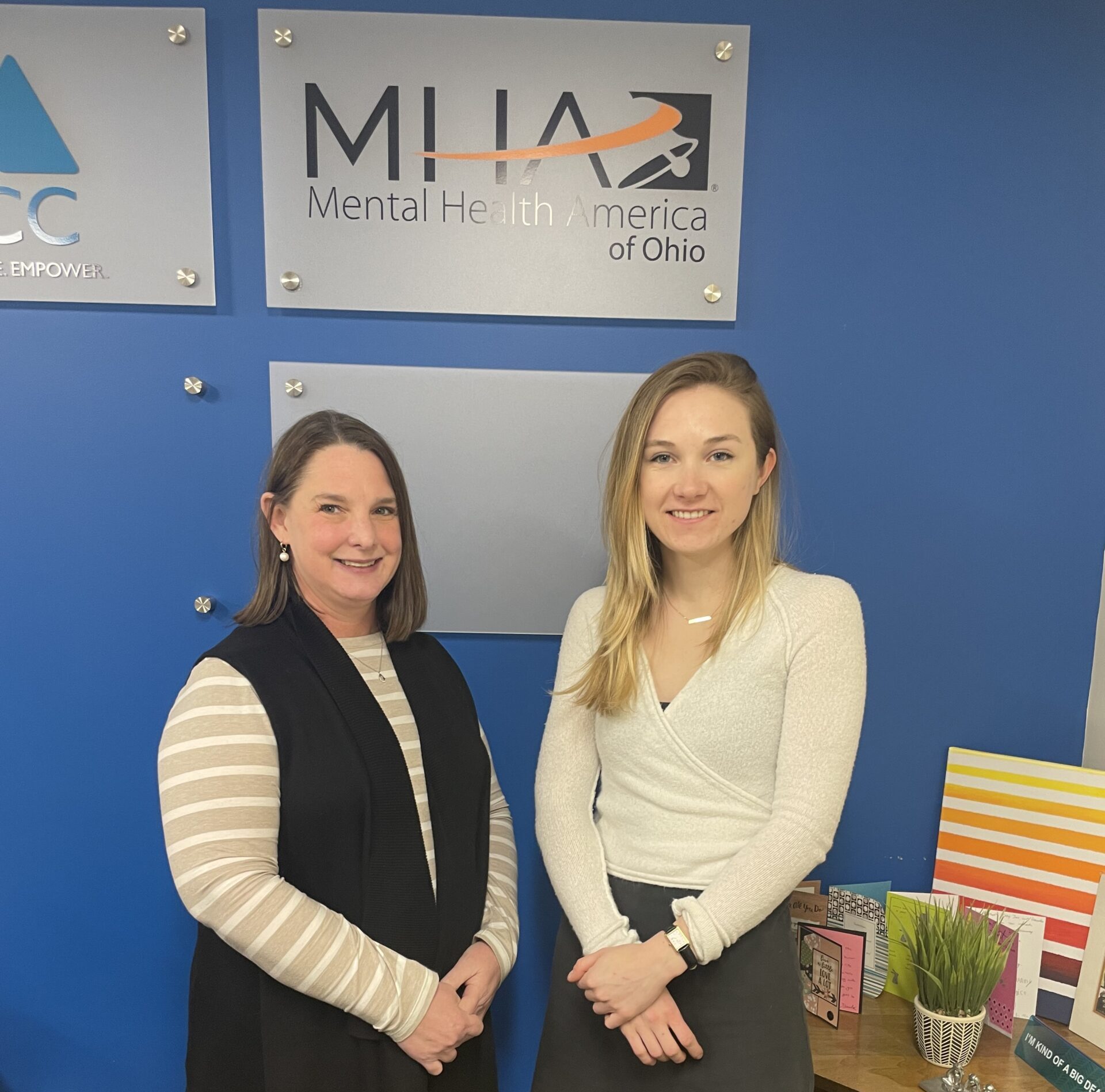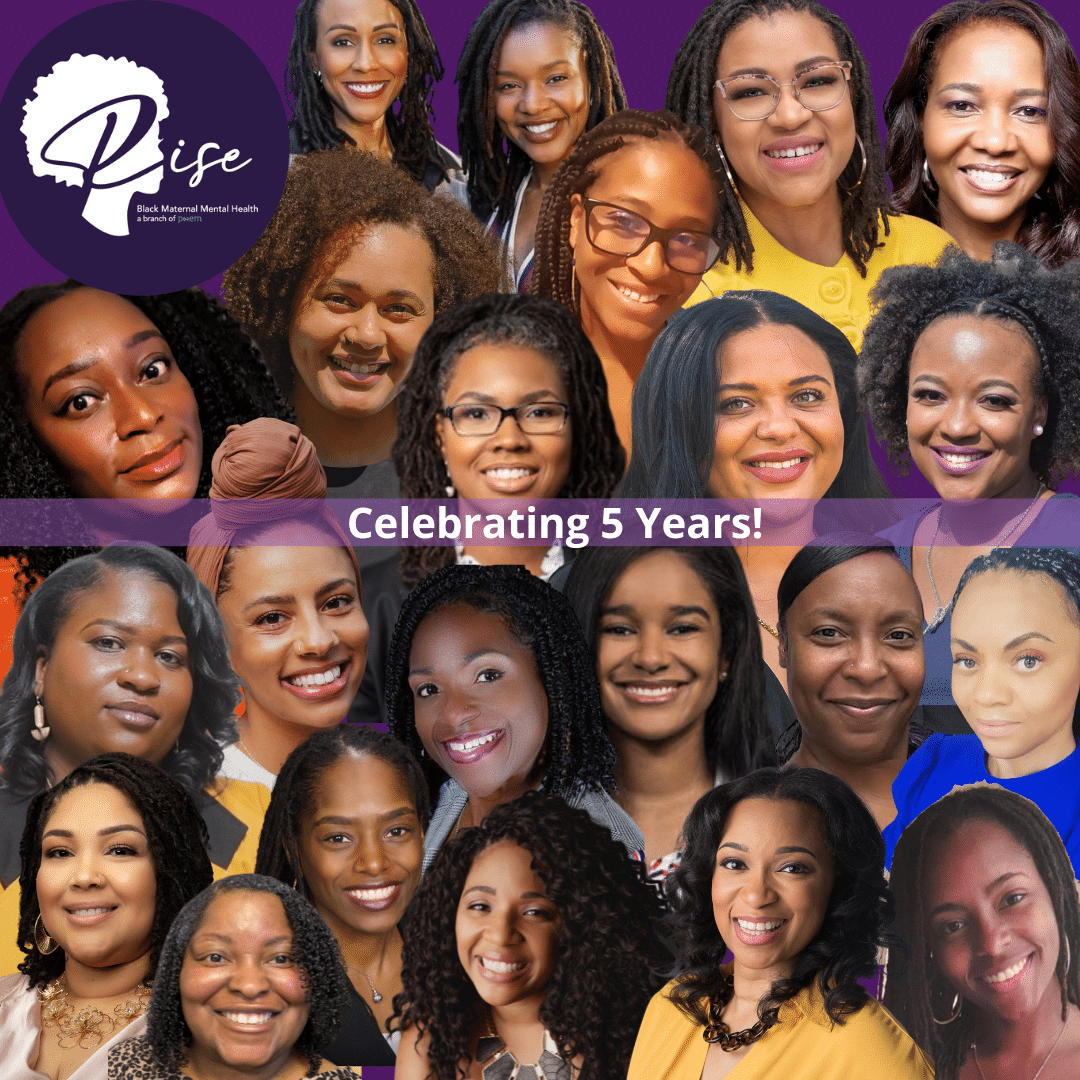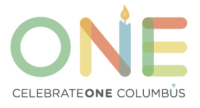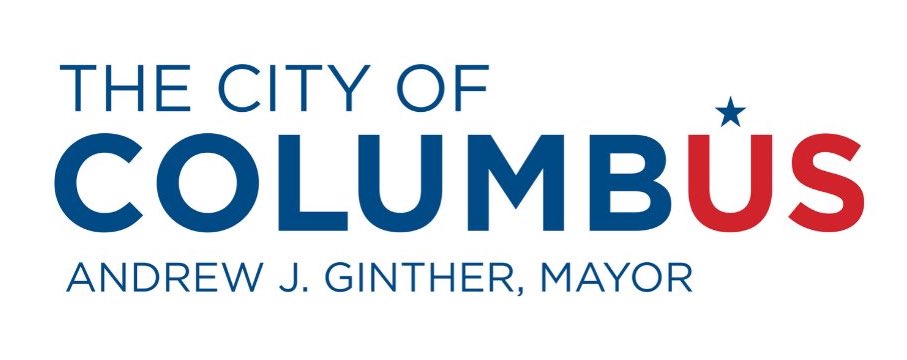Content warning: sexual violence/abuse, rape, suicide
For as far back as Emma can remember, she experienced sexual abuse. She explains that these encounters were so numerous throughout her childhood that she never kept count. This experience and years of survival mode shaped the way she approached everything as an adult.
“Many times you hear of ‘stranger danger,’ but I knew and trusted every single person that touched me, every single one,” she says. “No one believed me, so I stopped trying to tell anyone.”
When Emma had an opportunity to leave her hometown and go to college, she finally felt safe for the first time. She kept in touch with a trusted male friend from high school. They would often see each other on weekends and over breaks. Then in 2018 he raped her. The police did not file their report as a sexual assault and instead shamed her for being with him. Emma wasn’t able to receive the urgent medical care or examination that she needed because the police weren’t involved.
According to the National Sexual Violence Resource Center, nearly one in 10 women has been raped by an intimate partner in their lifetime, and 63 percent of sexual assaults are not reported to police. For Emma, who did call the police and crisis lines, the experience of trying to be heard left her isolated and further traumatized. However, she explains that she’s resilient.
“He finally left me alone, and I was able to get some peace,” she continues. “He was quiet for about a year. During that time, I began dating a woman, and she broke my heart. It was after this breakup that I texted him. I don’t know why my mind went to him. It may have been a form of self-sabotage or self-harm.”
When they reconnected, the abuse continued. After the last assault in 2021 Emma attempted to end her life. She’s been in therapy since and is learning how to navigate her emotional response to triggers and create a healthy environment in which she can maintain “a life worth living” – a cornerstone of Dialectical Behavior Therapy, which Emma has found most helpful to her.
“I have to wake up every day and tell myself that I deserve to take another breath, that I deserve to enjoy my day, that I deserve to have an education,” she explains. “I have to remind myself that healing is a full-time job, and people do not understand that.”
Emma has a large family, and yet the two women in her life who have been crucial to her healing aren’t related to her by blood. She shares that her best friend has always been more like a sister and has given her one of her greatest gifts. The other, whom she repeatedly describes as “not her friend, and not her mom,” fought hand in hand with her at rock bottom and treated Emma no different from her own family. She says that without them she wouldn’t be here. Now as she celebrates her 29th birthday, a significant milestone for her, she’s committed to showing others they’re not alone.
“The Adverse Childhood Experiences Study notes that even just one person who does not give up can make a huge difference,” she says. “Someone who can celebrate your little victories, with the understanding that most times they will not understand why they are victories. Anyone can go to therapy, and medication has been so helpful. What I found is that to heal you must immerse yourself, trust the process, and do the work. It will not work otherwise.”
Emma is working on her master’s degree to become a licensed social worker and help other survivors of sexual abuse. One day she also hopes to take part in policy work so that she can help to improve the systems that have failed her in the past.
The MHAOhio team appreciates Emma sharing her experience because it takes courage to share so vulnerably. If you’re a victim of sexual abuse and you would like to learn more about mental health support and services in Central Ohio, please reach out to MHAOhio’s Get Connected program.
Additional resources for sexual assault survivors:



